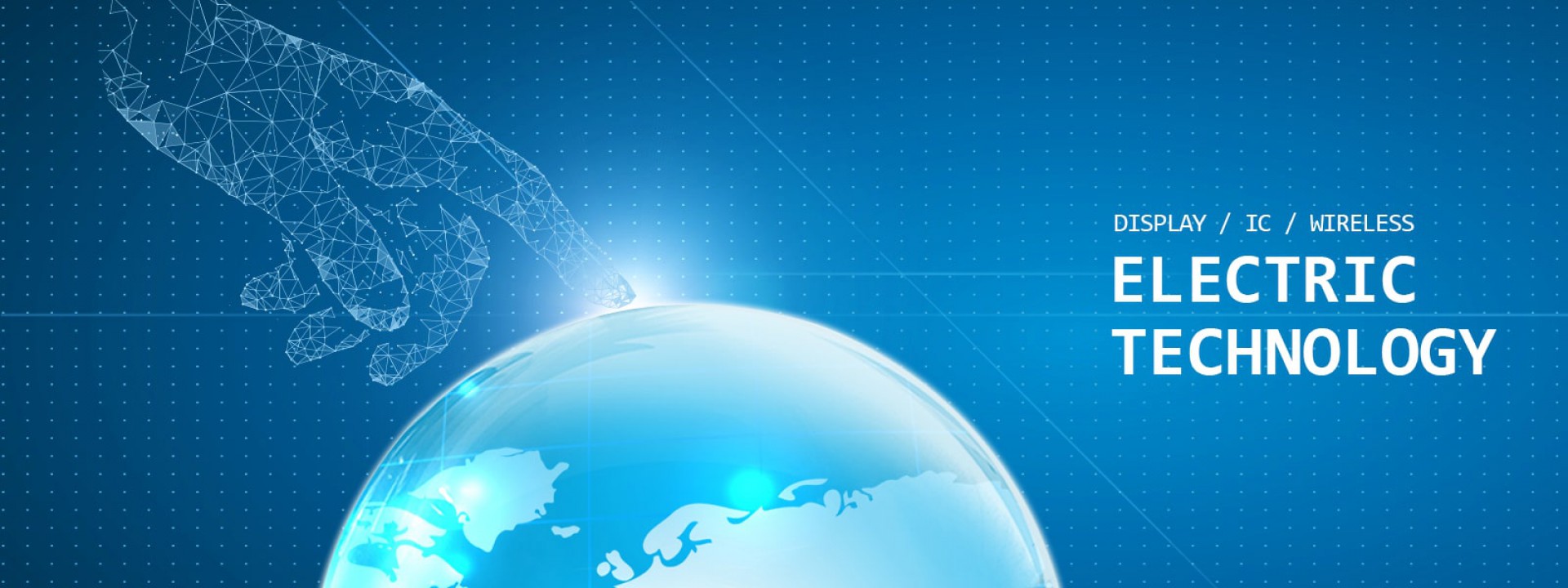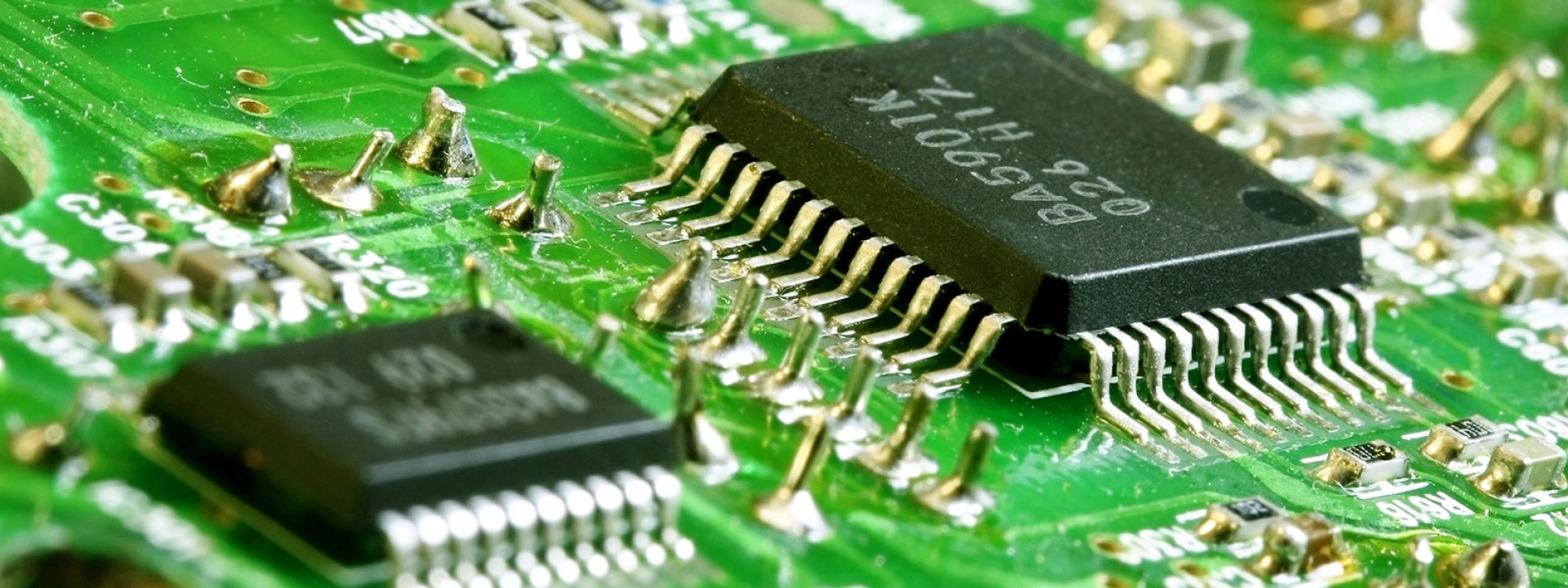News & Events
The vast stretch of land lying a kilometer north of the German city of Grossenhain, Saxony has long been a part of the country's military history: at the onset of World War 1, the fighter pilot Manfred von Richthofen, better known as the "Red Baron", received his training at the site. Though the military airport of Grossenhain took on a civilian role ever since the fall of the Iron Curtain, the site still play a role in the country's national security: as a part of Germany's bid to attract advanced semiconductor foundries, the Saxony state government seeks to convert the space into a 145-hectare industrial park, with TSMC in mind.
The lack of readily available land in the region, according to sources, drove Intel to select the city of Magdeburg located in the state of Saxony-Anhalt. As Oliver Schenk, the State Minister of Saxony, told German media, investments and settlement decisions in the past have shown how important it is to make space provisions for large-scale projects.
According to sources, TSMC is to partner with Bosch as well as two other European players connected to the auto industry to jointly finance the fab, reportedly targeting special process technology at 28nm. Though the legacy node would undoubtedly address the chip supply gap constraining the German auto industry, discussion around TSMC's subsequent technology offerings in Germany would inevitably highlight a potential gap in Berlin's strategic thinking.
As evident in the US CHIPS Act totaling US$278 billion, US$2 billion of which is allocated to the CHIPS for America Defense Fund designated to strengthen American defense industry, not to mention that the funding for commercial players like Intel and GlobalFoundries also indirectly support the country's military-industrial base: GlobalFoundries operates fabs that have received "Trusted Foundry" status from the US Department of Defense, while Intel Foundry Services counts the Department of Defense as its No. 1 customer.
In comparison, policymakers in Berlin appear slow to align the country's chip policy with national security strategy.
Yesterday on April 13, at the US-China Economic and Security Review Commission hearing titled "China's Pursuit of Defense Technologies: Implications for US and Multilateral Export Control and Investment Screening Regimes", Gregory Allen, Director of Wadhwani Center for AI and Advanced Technologies under the Center for Strategic and International Studies (CSIS), stressed the significant role of Germany, alongside the Netherlands, in joining the US-led chip export controls against China.
Though Germany is not a leader in semiconductor manufacturing equipment, the country is nevertheless a major leader in the supply of manufacturing equipment components, namely the lasers and mirrors found inside ASML's lithography machines and other items, according to Allen.
"We have not seen any movement from the German government or the European Union as a whole related to this type of export control," said Allen at the hearing.
Soon after Russian tanks rolled into Ukraine in February 2022, German Chancellor Olaf Scholz pledged a EUR 100 billion special fund dedicated to the country's military, the Bundeswehr. Surprisingly, according to a leading German scholar familiar with the country's technology policy, "there's almost no connection on the policy side between German semiconductor policy and German military and national security policy," according to the scholar who requests anonymity.
Despite the EU Chips Act, according to the scholar, Germany lacks a clear semiconductor strategy, and its investment/subsidy policy is not at all informed by the needs of its military base. The view is echoed by an official involved with German semiconductor policy who remarked that national security is not all connected to Germany's chip policy at this stage, including the EUR 100 billion budget for the Bundeswehr.
TSMC previously noted that its overseas facilities may account for 20% or more of its overall 28nm and more advanced capacity in five years or later, depending on customer needs and government support.
Currently, GlobalFoundries' 12nm process in Dresden is the most advanced process node available in Germany. While Berlin might settle for TSMC's reportedly 28nm offering in the short term, whether or not TSMC will introduce more advanced nodes on Germain soils partly hinges on how Berlin evaluates its own security needs: does its chip policy need a military dimension? If so, what kind of semiconductor manufacturing capability will meet Germany's future defense needs?
By DIGITIMES






